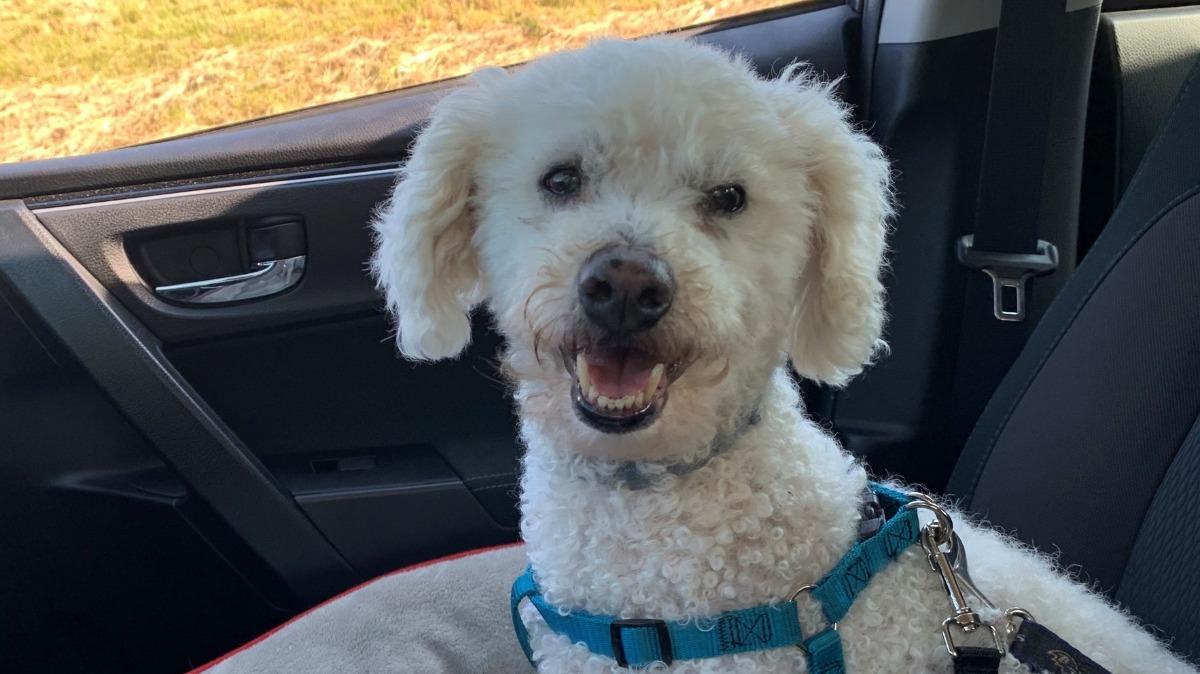Pancreatitis in Pets

- posted: Nov. 21, 2020
Pancreatitis in Pets
Pancreatitis is a common cause of vomiting in dogs and cats, especially around the holidays when we tend to want to indulge our fur babies with special foods that they don’t normally eat. But what is pancreatitis and can anything be done to prevent it? Let’s find out more.
First, the pancreas is an organ that sits alongside the stomach and small intestine. Its function is to produce both digestive enzymes and insulin for the body. The pancreas can become inflamed causing lethargy, abdominal pain, nausea and vomiting and loss of appetite. In some severe cases, the pancreas becomes so damaged that it starts to break down and digest itself. This condition is called necrotizing pancreatitis, and, though less common, it can be fatal.
Pancreatitis is diagnosed by suspicion based on clinical signs, changes in bloodwork such as elevated white blood cells, elevated pancreatic enzyme levels, and sometimes changes in liver values. It can be more definitively diagnosed by ultrasound of the pancreas.
Pancreatitis can occur in dogs and cats of any breed, age or sex, though miniature schnauzers and cats seem to have a higher incidence. Mild cases of pancreatitis may be treated with fluid therapy, anti-nausea medications, pain medications and an easy to digest, low fat bland diet. Some patients may require hospitalization, especially if dehydrated or if they are unable to stop vomiting to receive oral medications. Essentially, the patient receives supportive care until the pancreas can heal.
While the underlying cause of many cases is unknown, some causes of pancreatitis include: being fed a high fat meal, underlying medical conditions such as obesity, diabetes or hypothyroidism, trauma to the pancreas, infection and certain medications. Some patients are prone to recurrent bouts of pancreatitis and may need to eat ultra-low fat diets for the rest of their lives.
Can we prevent pancreatitis? Certainly, not all cases have a clear cause or are preventable. However, since fat metabolism plays a big role, it is important to make sure pets are NOT eating large amounts of fatty foods. So, with Thanksgiving and Christmas coming, it’s best to refrain from offering pets foods like bacon, butter, sweets, and other foods that may cause a large release of digestive enzymes leading to inflammation.
If your pet is vomiting, not eating well or seems to have a painful abdomen, have him or her checked by your vet. Many things can cause these symptoms, but pancreatitis should be treated quickly for the best prognosis. And remember, don’t feed pets table food, especially foods high in fat.
This blog brought to you by the Patton Veterinary Hospital serving Red Lion, York and the surrounding communities.
https://veterinarypartner.vin.com/default.aspx?pid=19239&id=4952412
https://veterinarypartner.vin.com/default.aspx?pid=19239&id=4951457
Location
Patton Veterinary Hospital
425 E Broadway
Red Lion, PA 17356
